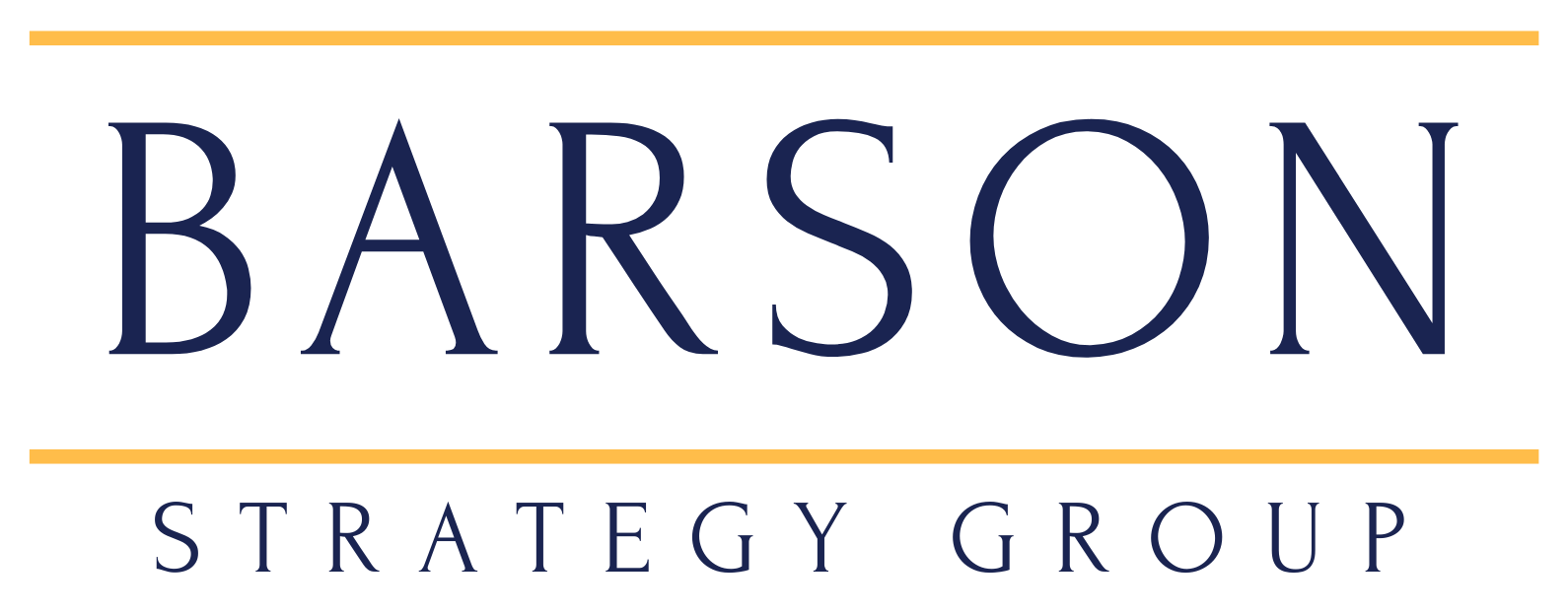Inflation is an economic phenomenon that affects the purchasing power of money over time. As prices rise, businesses face the challenge of maintaining profitability and protecting their assets. One essential tool for safeguarding a business in an inflationary environment is business insurance.
In this blog post, we will explore the impact of inflation on businesses and discuss strategies for staying protected through appropriate insurance coverage.
Understanding Inflation and Its Effects on Businesses
Inflation is often characterized by a general increase in the prices of goods and services, resulting in the erosion of the value of money. This can have a significant impact on businesses in various ways:
Rising Costs
In an inflationary environment, businesses experience increased costs for raw materials, labor, and other essential inputs. This puts pressure on profit margins, making it harder for businesses to maintain their competitive edge.
Asset Protection
Inflation diminishes the value of assets over time. This includes physical assets like buildings, machinery, and equipment, as well as intangible assets such as intellectual property. Without adequate protection, businesses may struggle to replace or repair damaged or outdated assets.
Liability Concerns
Inflation can also lead to increased liability risks for businesses. As the cost of living and medical expenses rise, so does the potential for larger insurance claims and lawsuits. Businesses must be prepared to handle these risks to avoid financial setbacks.
The Role of Business Insurance in Inflationary Times
Business insurance plays a crucial role in helping businesses mitigate the effects of inflation. It offers financial protection and peace of mind, allowing businesses to focus on their core operations.
Here are some key types of insurance coverage that can help businesses stay protected in an inflationary environment:
Property Insurance
This coverage protects physical assets against various perils, such as fire, theft, vandalism, and natural disasters. It ensures that businesses can recover and replace damaged or destroyed property, minimizing the impact of inflation on their balance sheets.
Business Interruption Insurance
Inflation can disrupt supply chains, cause unexpected closures, or lead to decreased customer demand. Business interruption insurance helps cover lost income and ongoing expenses during periods of business interruption, allowing businesses to survive and recover from financial setbacks.
Liability Insurance
In an inflationary environment, the cost of liability claims can skyrocket. General liability insurance, product liability insurance, and professional liability insurance protect businesses from potential legal and financial liabilities arising from third-party claims.
Key Person Insurance
Inflationary pressures can impact businesses if a key employee or owner becomes incapacitated or passes away. Key person insurance provides coverage to protect against financial losses that may arise from the loss of a crucial individual’s skills, expertise, or leadership.
Cyber Insurance
Inflation does not spare the digital realm. As technology advances, so does the sophistication of cyber threats. Cyber insurance safeguards businesses against the financial impact of data breaches, cyber-attacks, and other cybersecurity incidents.
Inflation Guard Endorsements
Many insurance policies offer inflation guard endorsements or clauses that automatically adjust coverage limits to account for inflation. This ensures that the insurance coverage remains relevant and adequate as costs rise.
Risk Management Strategies for Inflationary Environments
In addition to appropriate insurance coverage, businesses can adopt several risk management strategies to mitigate the impact of inflation:
Regular Policy Review
Businesses should review their insurance policies periodically to ensure they have adequate coverage based on current asset valuations and inflationary trends. An insurance professional or broker can help assess coverage needs and suggest adjustments if necessary.
Diversification
Diversifying business operations, supply chains, and customer bases can help businesses reduce their exposure to inflationary risks. By spreading their activities across different markets or regions, businesses can adapt more effectively to changing economic conditions

